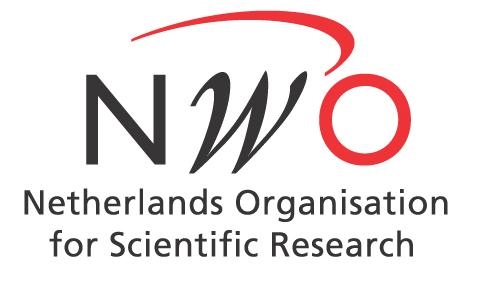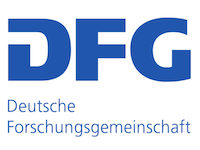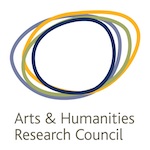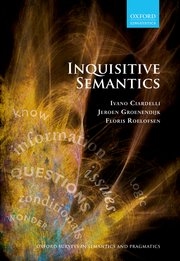
Inquisitive Semantics
What is inquisitive semantics?
Inquisitive semantics is a framework for the formal analysis of information exchange. It is based on a notion of semantic content which, unlike the traditional truth-conditional notion, captures both informative and inquisitive aspects of meaning. It allows for a unified analysis of statements and questions, as well as linguistic elements that interact with both statements and questions, such as modals, quantifiers, connectives, and discourse particles.
A new perspective on meaning
In inquisitive semantics, an utterance is intuitively seen as a proposal to update the already established information in one or more ways. Statements propose a single update. Questions propose two or more alternative updates. This makes questions inquisitive: they invite a response from the addressee that establishes at least one of the proposed alternative updates.
A new perspective on logic
The way in which inquisitive semantics enriches the notion of meaning changes our perspective on logic as well. Besides the classical notion of logical entailment, the semantics also gives rise to a new notion of inquisitive entailment and a more general treatment of logical operators such as connectives (e.g. and, or, if, not), quantifiers (e.g., some, all), and modal operators (e.g., must, may, know, believe, wonder).
A new perspective on pragmatics
The way in which inquisitive semantics enriches the notion of meaning also changes our perspective on pragmatics. The main objective of pragmatics is to explain aspects of interpretation that are not directly dictated by semantic content in terms of general features of rational human behaviour. Since inquisitive semantics offers a richer notion of semantic content, pragmatics becomes richer as well. Traditional Gricean pragmatics consists exclusively of speaker-oriented rules for providing information. Inquisitive pragmatics has the same basic objective, but is more general: it is both speaker- and hearer-oriented, and specifies rules for exchanging information rather than just providing information. This makes it possible to derive a wider range of implicatures, in particular ones that arise from inquisitiveness.

News [[ View all news ]]
Several presentations related to inquisitive semantics and a special session dedicated to the memory of Jeroen Groenendijk at the Amsterdam Colloquium. Keynote speakers include Ivano Ciardelli and Wataru Uegaki.
Floris Roelofsen and Tomasz Klochowicz start teaching a two-month course on inquisitive semantics and clause-embedding at the University of Amsterdam.
Marco Degano successfully defended his PhD disseration Indefinites and their values at the University of Amsterdam.
Several presentations related to inquisitive semantics at Sinn und Bedeutung.
A three-day workshop in Konstanz on the occasion of the completion of the MECORE project.
The article Questions and Indexicality by Thom van Gessel has been published in the Journal of Philosophical Logic.
Featured courses [[ View all courses ]]
Logic and Conversation
2024 ][ Amsterdam
Traditionally, logic is concerned with the characterization of valid reasoning and argumentation, and therefore identifies the meaning of a sentence with its truth conditions. When analyzing the meaning of sentences…
Go to courseLogic and Conversation
2023 ][ Amsterdam
Traditionally, logic is concerned with the characterization of valid reasoning and argumentation, and therefore identifies the meaning of a sentence with its truth conditions. When analyzing the meaning of sentences…
Go to courseLogic and Conversation
2022 ][ Amsterdam
Traditionally, logic is concerned with the characterization of valid reasoning and argumentation, and therefore identifies the meaning of a sentence with its truth conditions. When analyzing the meaning of sentences…
Go to courseFeatured projects [[ View all projects ]]
Questions in sign language
2022–2027][ VICI
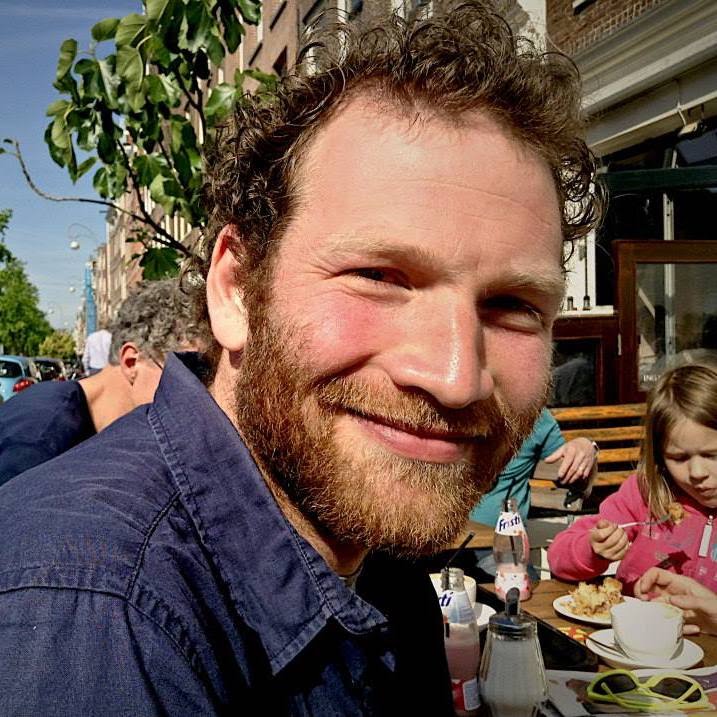
Floris Roelofsen PI • Amsterdam
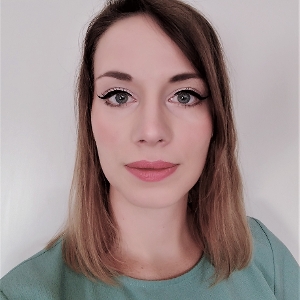
Marloes Oomen Postdoc • Amsterdam
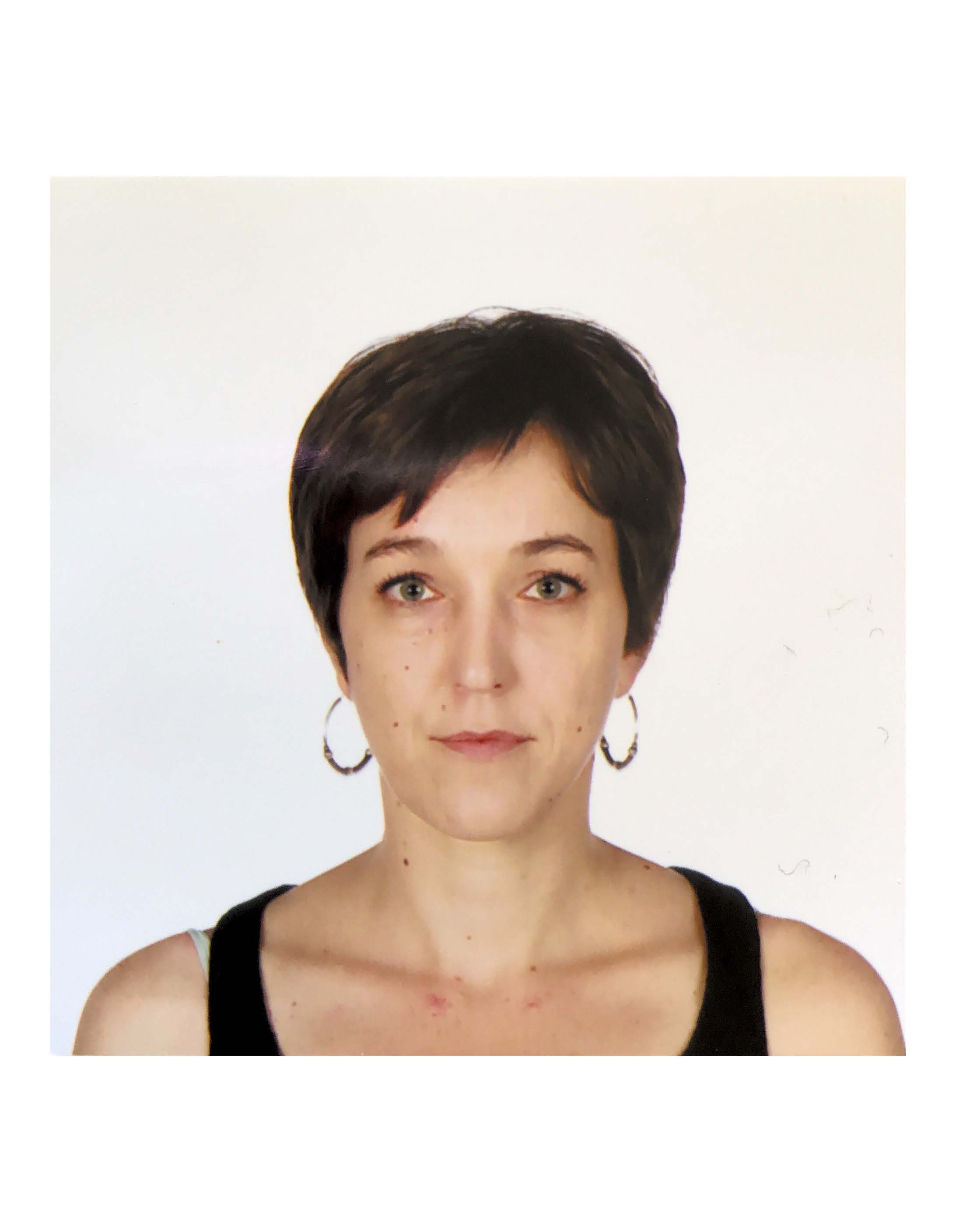
Raquel Veiga Busto Postdoc • Amsterdam
Cross-linguistic investigation of meaning-driven combinatorial restrictions in clausal embedding
2021–2024
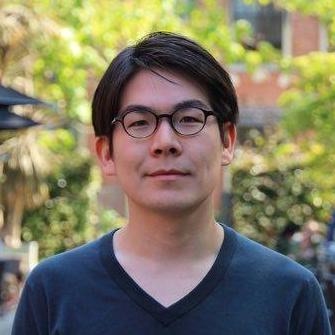
Wataru Uegaki co-PI • Edinburgh

Maribel Romero co-PI • Konstanz

Floris Roelofsen co-I • Amsterdam
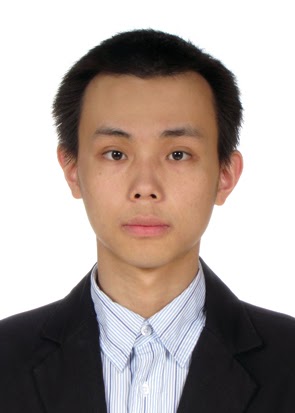
Ciyang Qing Postdoc • Edinburgh
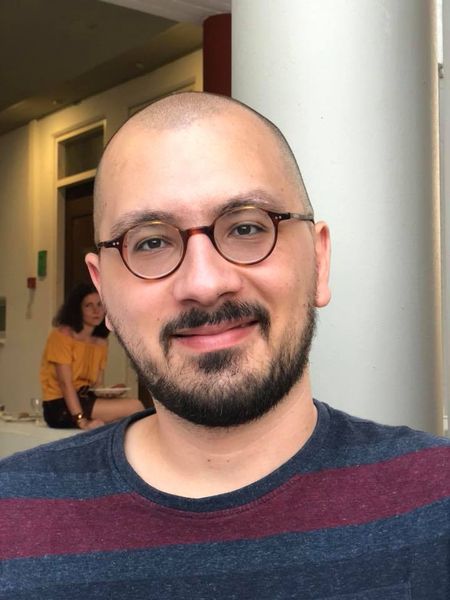
Deniz Ozyildiz Postdoc • Konstanz
New territories for modal logic
2021–2026][ Emmy Noether

Ivano Ciardelli PI • Munich
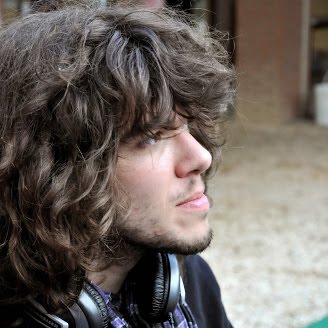
Gianluca Grilletti Postdoc • Munich
Adrian Ommundsen PhD student • Munich
